China raises retaliatory tariffs on US goods to 125%, urges Europe to team up
China has raised tariffs on goods imported from the US from 84% to 125% hours after Chinese President, Xi Jinping, warned there were “no winners in a tariff war, and going against the world will isolate oneself”.
“China and the EU should fulfill their international responsibilities, jointly maintain the trend of economic globalization and the international trade environment, and jointly resist unilateral bullying, not only to safeguard their own legitimate rights and interests, but also to safeguard international fairness and justice, and to safeguard international rules and order,” the Chinese head of state said.
He made the comments during a meeting with the Spanish prime minister after also talking to counterparts in Saudi Arabia and South Africa.
Spain said the country favored a more balanced relationship between the EU and China based on negotiations to resolve differences and cooperation in areas of common interest.
China appears to be seeking to shore up trading agreements away from the US by approaching other countries, including Malaysia, the European Union member states, and Australia.
The Chinese President plans to travel to southeast Asia, including Vietnam and Cambodia, next week.
Trump announced on Wednesday that China would face 125% tariffs, but he did not include a 20% tariff on China tied to its role in fentanyl production. Trump’s administration’s tariffs against Chinese goods now total 145%.
Following US President Donald Trump’s exclusion of China from his 90-day pause on import tariffs, China on Thursday said it has enacted 84% tariffs on US imports.
On Friday, China further raised the retaliatory tariffs to 125%, to be put into force from Saturday.
Washington’s repeated tariffs “will become a joke in the history of the world economy,” a Chinese Finance Ministry spokesman said in a statement.
“However, if the US insists on continuing to substantially infringe on China’s interests, China will resolutely counter and fight to the end.”
The ministry also said it will file another lawsuit with the World Trade Organization against the US-initiated trade war.
Chinese tariffs will affect the country’s major imports from the US including soybeans, aircrafts and their parts and drugs.
Meanwhile, Beijing suspended sorghum, poultry and bonemeal imports from some American companies last week, and enhanced control on rare earth minerals, critical for technologies.
As well as retaliatory tariffs, Beijing has restricted imports of Hollywood films, and put 18 US companies on trade restriction lists.
The US’s top imports from China, including electronics and industrial equipment, will now see prices rise.
Despite a slight recovery experienced by Trump’s sudden pause, the extant tariff uncertainty has made some markets continue to tumble on Friday. Japan’s Nikkei is down by nearly 5%, while Hong Kong stocks are heading towards the biggest weekly decline since 2008. Oil prices were also expected to drop for a second consecutive week.
The French head of state Emanuel Macron wrote on X early on Friday that Trump’s partial tariff suspension, pausing new rates on various countries that would have risen as high as 50%, “sends out a signal and leaves the door open for talks. But this pause is a fragile one.”
“This 90-day pause means 90 days of uncertainty for all our businesses, on both sides of the Atlantic and beyond.”
The US treasury secretary, Scott Bessent told a cabinet meeting on Thursday that more than 75 countries have queued to negotiate with the US amid the most unstable trading period since the early days of the Covid-19 pandemic.
The US and Vietnam reportedly agreed to begin formal trade talks after Bessent spoke to the Vietnamese deputy prime minister, Ho Duc Phoc.
The south-east Asian manufacturing hub is prepared to crack down on Chinese goods being shipped to the US via its territory in the hope of avoiding tariffs.
Furthermore, Japan’s prime minister, Shigeru Ishiba, has set up a taskforce led by a close aide that hopes to visit Washington next week, according to local media.
VIDEO | Ramadan begins in France amid optimism, challenges
Hamas: Huckabee’s remarks expose ‘American bias towards Zionist domination, annexation’
‘We will not bow to pressure or coercion’: President Pezeshkian
Trump raises global tariffs to 15%, calls Supreme Court ruling ‘ridiculous’
IRGC Navy tests Sayyad-3G air defense missile in Strait of Hormuz
Iran labels EU naval, air forces as ‘terrorist’ in response to IRGC listing
ICE quietly buys warehouses for major detention expansion
Family of US citizen killed by Israeli settler demands end to impunity


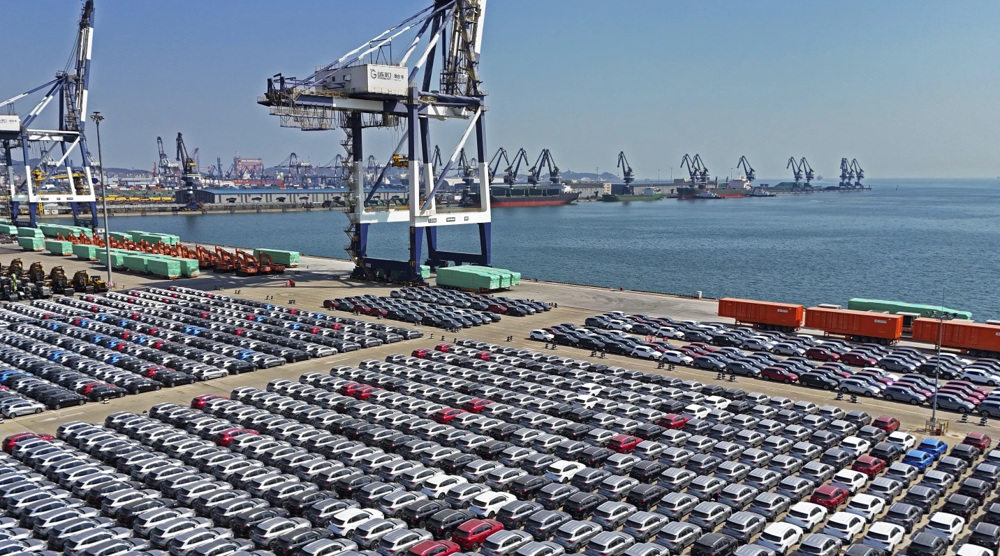
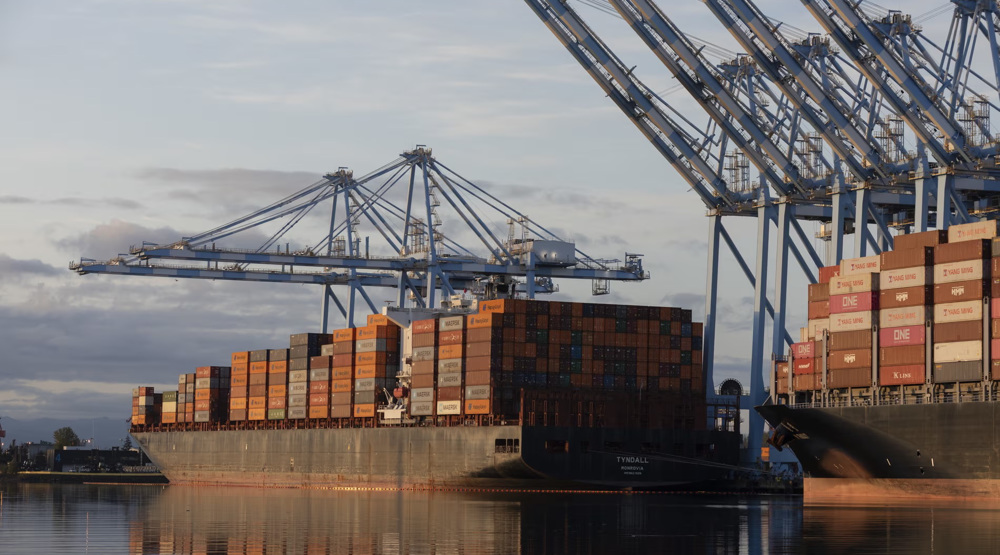
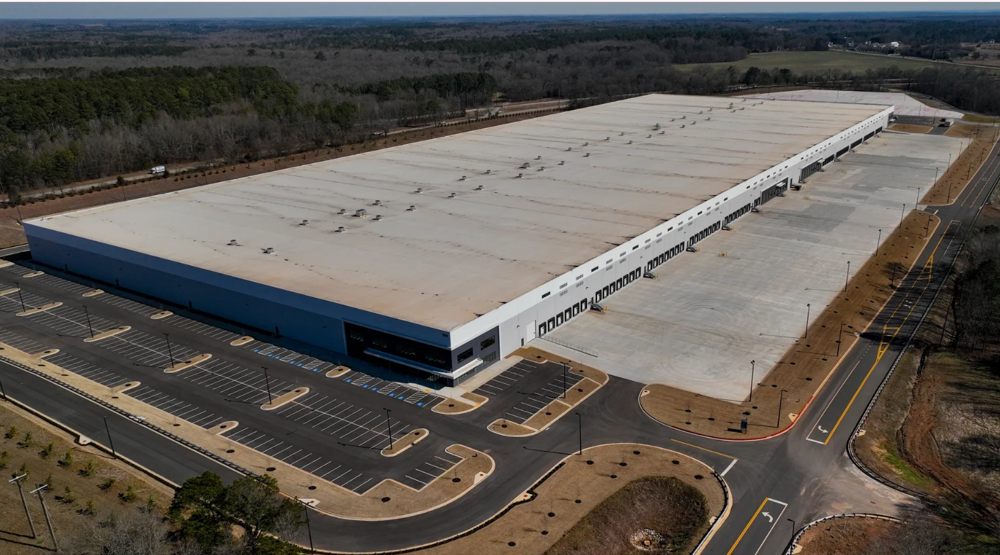
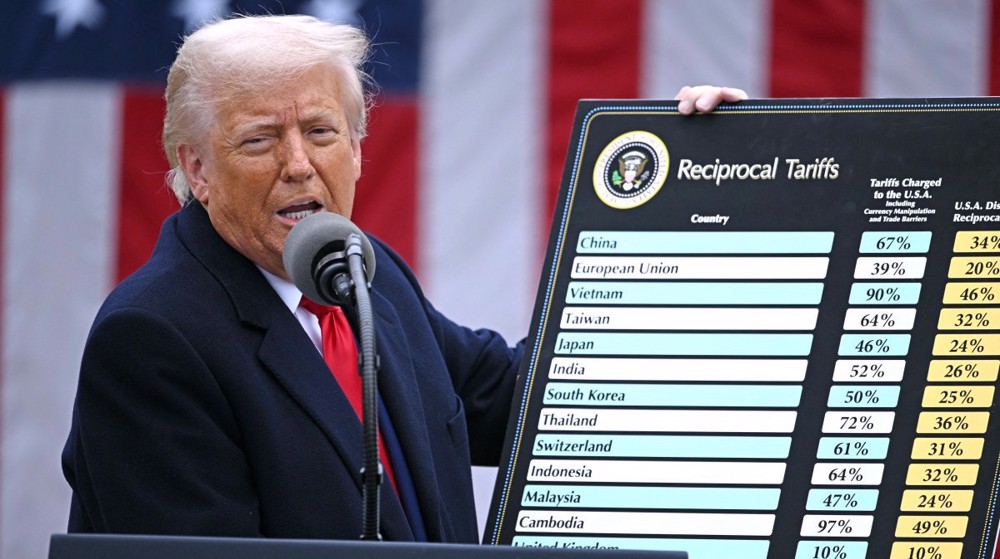
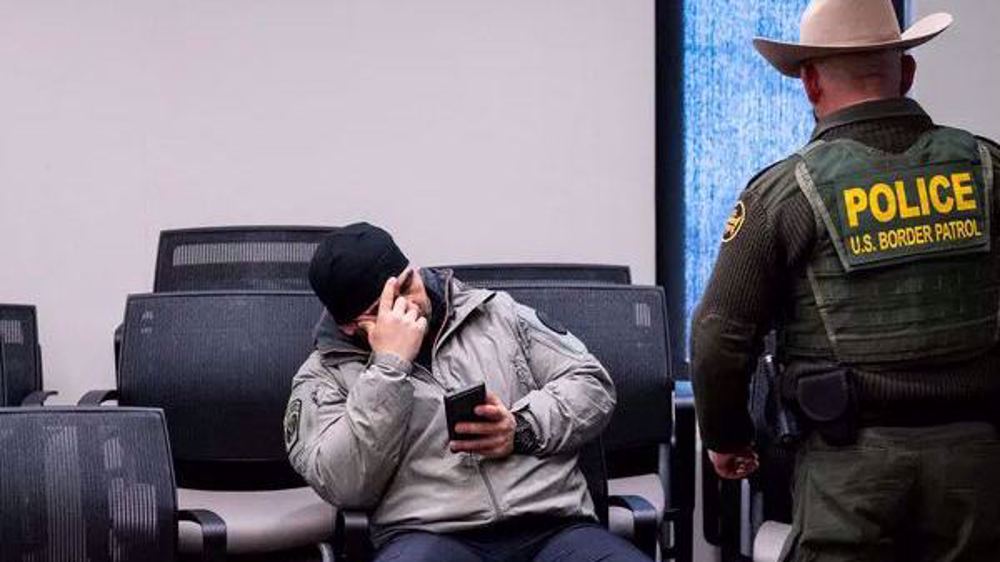




 This makes it easy to access the Press TV website
This makes it easy to access the Press TV website